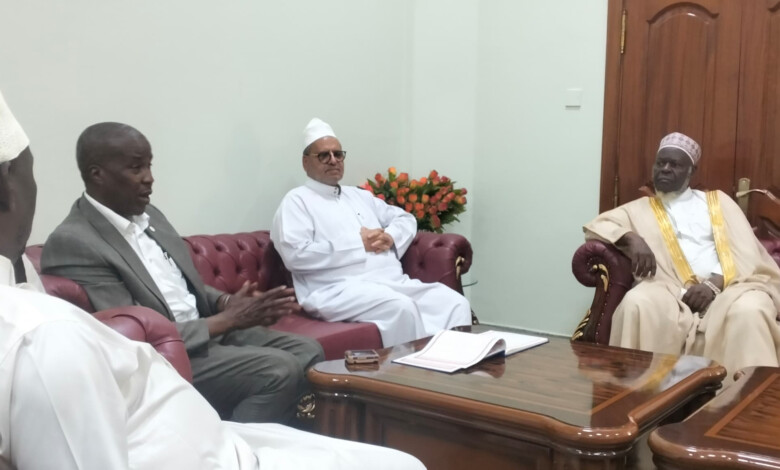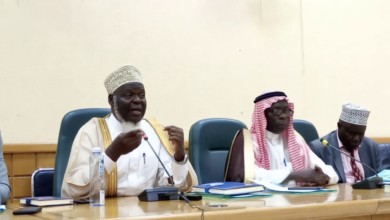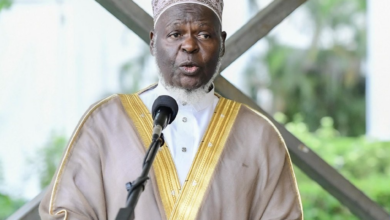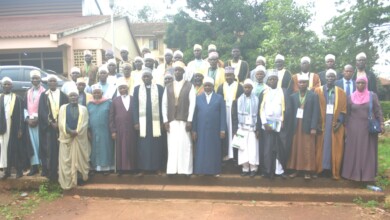Faith leaders shape Africa’s sustainable future

By Ahmed Idriss
Uganda this week hosted leaders and development experts for the 11th African Regional Forum on Sustainable Development (ARFSD) – with faith-based organizations playing a role in discussions about Africa’s future.
The high-level meeting, held between April 9-11 at Munyonyo’s Speke Resort Convention Centre, focussed on accelerating progress toward both the United Nations’ Sustainable Development Goals and Africa’s Agenda 2063 development blueprint. This year’s edition carried particular significance as it marked the first time religious institutions have been given such a platform at the annual UN-affiliated gathering.
Under the coordination of the Interreligious Council of Uganda, faith leaders led special sessions examining how religious communities can drive social transformation. Their discussions centred on building partnerships to achieve development targets, aligning with the forum’s theme of fostering inclusive, evidence-based economic growth.
Mufti Sheikh Shaban Ramadhan Mubaje, hosted senior Muslim leaders from across Africa at the Uganda Muslim Supreme Council headquarters in Old Kampala on Monday ahead of the start of the Munyonyo meeting.
The gathering brought together influential figures including Sheikh Thafier Najjar of South Africa’s Islamic Council and Sheikh Usman Bugale, representing both Nigeria’s Supreme Council for Islamic Affairs and the Sultan of Sokoto.
During the preparatory meeting, participants explored various avenues for Islamic institutions to contribute to Africa’s development agenda – with conversations spanning education and healthcare initiatives, economic empowerment through halal certification programs, and strategies for improving organizational management across Muslim councils continent-wide.
Analysts suggest the prominent role given to faith institutions at this year’s forum reflects growing recognition of religious organizations’ extensive networks and influence across African communities.
With their deep grassroots connections and experience in delivering social services, faith-based groups are increasingly seen as essential partners in achieving sustainable development objectives.






